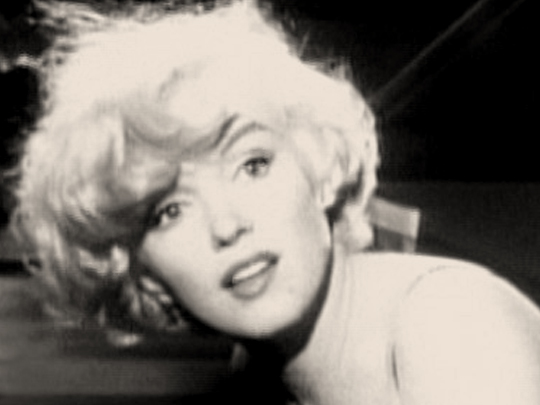Pickpic / CC-BY-SA-3.0 / GFDL
Marilyn Monroe
(Actress)
June 1, 1926 – August 5, 1962 (Aged 36)
Monroe was an American actress who became one of the most iconic and best-loved film stars in the world.
She is best remembered for her roles in ‘Some Like it Hot’ and ‘The Seven Year Itch’, as well as singing ‘Happy Birthday, Mr. President’ to John F. Kennedy.
Born Norma Jeane Mortenson, Monroe endured a tough childhood, living in an orphanage and foster homes until the age of 16.
During this time she was sexually assaulted numerous times and was also raped.
In 1944, she was discovered by a photographer which led to a fruitful modeling career, before she changed her name, dyed her hair, and launched her acting career.
During her life, Monroe had three short-lived marriages, firstly to James Dougherty, a neighbor during her teens, then Baseball legend Joe DiMaggio, and finally, playwright Arthur Miller.
Monroe’s final completed film was ‘The Misfits’, while she had filmed part of ‘Somethings Got to Give’, before being fired and sued by the studio for putting the film behind schedule, due to taking numerous sick days.
Monroe was found dead in her bedroom from a drug overdose at the young age of 36. There was no evidence of foul play, despite rumors to the contrary.
She remains one of the most loved personalities of the 20th century.
Niels Bohr
(Physicist)
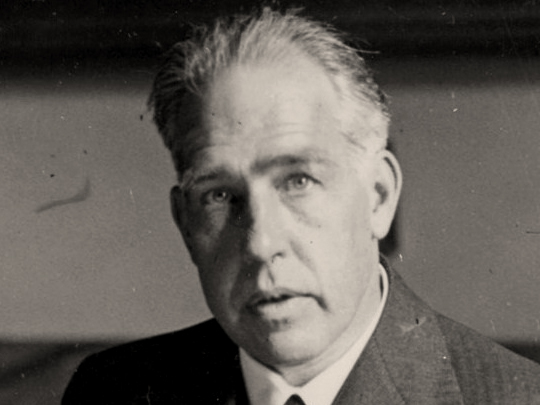
7 October 1885 – 18 November 1962 (Aged 77)
Bohr was an influential Danish physicist who won the Nobel Prize in Physics in 1922 for his groundbreaking theories on atomic structure.
During World War II, Bohr played a role in the development of the atomic bomb with his involvement in the Manhattan Project.
In the aftermath of the war, Bohr’s open letter to the UN was influential in the formation of the International Atomic Energy Agency.
He also helped in the foundation of CERN in Geneva, Switzerland.
Bohr died from a heart attack in 1962 at the age of 77. His son, Aage, continued in his father’s footsteps sharing the Nobel Prize in Physics in 1975.
Adolf Eichmann
(Nazi Officer)
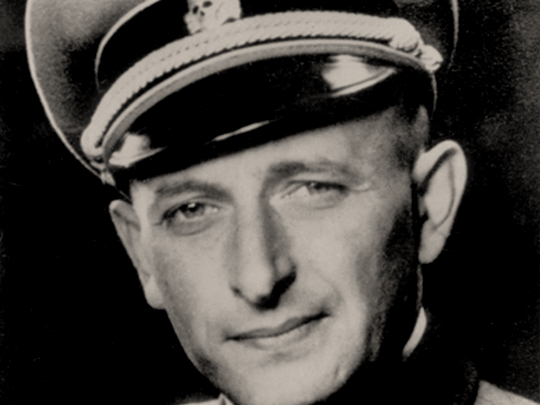
19 March 1906 – 1 June 1962 (Aged 56)
Eichmann was a Nazi party member and SS officer during World War II.
After the Wannsee Conference in 1942, he coordinated the logistics and transporting of Jews to extermination camps throughout Europe.
In the aftermath of the war, Eichmann was captured under the name Otto Eckmann, using forged papers.
He escaped from the prison camp and eventually fled to Buenos Aires, Argentina.
In 1960, a covert Mossad operation kidnapped Eichmann in Buenos Aires and smuggled him back to Israel.
He was brought to trial and sentenced to death by hanging. His ashes were scattered at sea.
Charles ‘Lucky’ Luciano
(Mafia Boss)
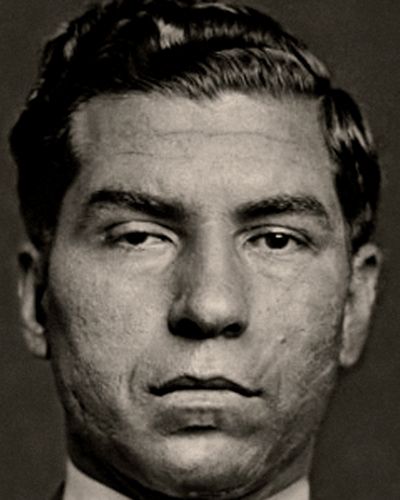
24 November 1897 – 26 January 1962 (Aged 64)
Luciano was an Italian-American mob boss, recognized as the mastermind of modern organized crime in the U.S. through his founding of ‘The Commission’. This brought together the bosses of all mafia families.
In 1936, Luciano was convicted of extortion and prostitution charges and imprisoned.
During World War II, Luciano struck a deal to use his mafia connections to help the allies at home and in Italy.
As a result of his assistance, Luciano had his sentence commuted and he was deported to Italy.
Luciano did return briefly to Cuba before spending the rest of his life in Naples, Italy, where he died of a heart attack.
Eleanor Roosevelt
(U.S. First Lady)
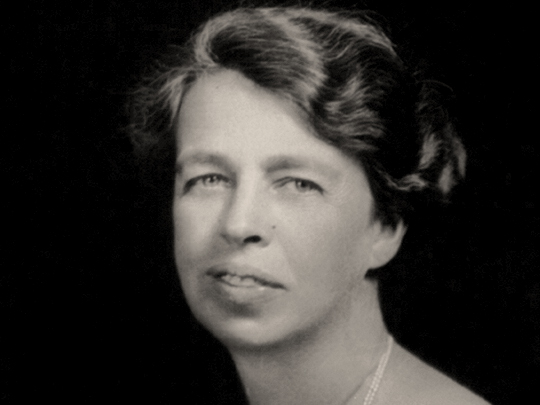
11 October 1884 – 7 November 1962 (Aged 78)
Roosevelt was the wife of U.S. President Franklin D. Roosevelt who came to revolutionize the role played by the First Lady, as she became the longest-serving First Lady from 1933 to 1945.
Following the death of her husband in 1945, Eleanor became the U.S. delegate to the UN General Assembly until 1952, where she was the first chair of the UN Commission on Human Rights.
Roosevelt died from heart failure after suffering from tuberculosis and aplastic anemia.
In tribute to her work on human rights, U.S. President Harry Truman labeled her “the First Lady of the world.”
